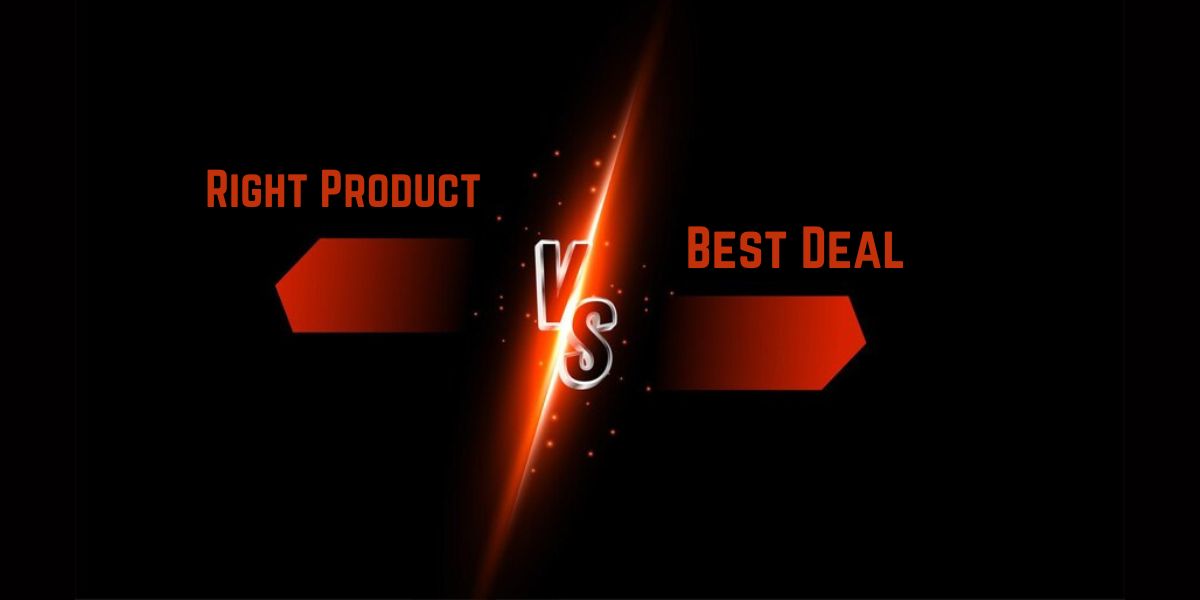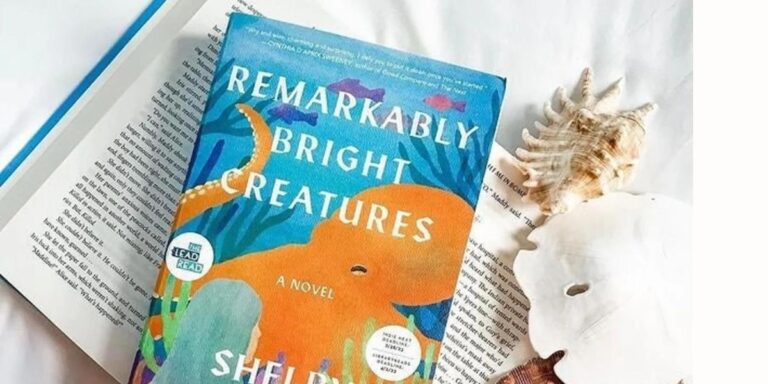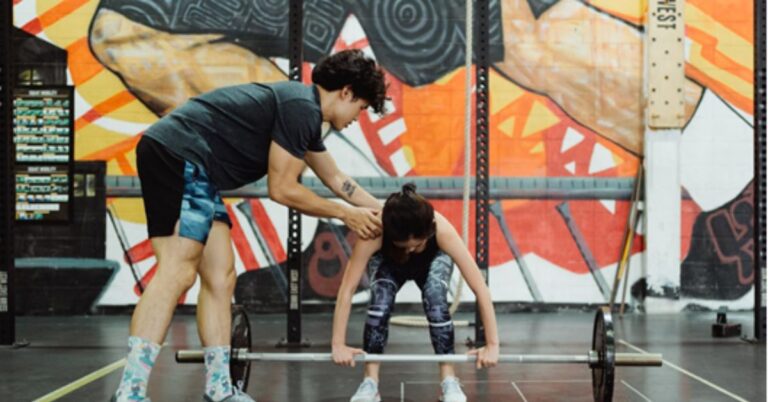The Right Product vs Best Deal: Which One Should You Choose?
In today’s consumer-driven world, two common factors dominate the decision-making process when it comes to purchasing products: finding the right product vs best deal. Whether you’re shopping for electronics, home goods, clothing, or even services, these two ideas are often at odds with each other. The right product promises quality, long-term satisfaction, and reliability, while the best deal usually refers to the lowest price, often achieved through discounts or promotions. So, which one should you prioritize? Should you aim for the right product that fits your needs perfectly, or should you focus on getting the best deal possible, even if it means compromising on some aspects?
In this article, we’ll explore the differences between the right product and the best deal, how to balance the two, and how to make informed decisions when shopping.
What Does “The Right Product” Mean?
When you’re searching for the right product, the emphasis is on finding an item that meets your specific needs, preferences, and quality standards. The right product is one that performs well, lasts long, and provides value in the long run. It may come at a higher price, but its value is seen in its reliability, efficiency, and the satisfaction it brings over time.
Key Characteristics of the Right Product
- Quality: The right product is usually made from high-quality materials and is designed to perform as advertised. Whether it’s a smartphone, a kitchen appliance, or a car, the right product should be durable and provide value over an extended period.
- Suitability: The right product fits your specific needs. For example, a high-end camera might be great for professional photographers but may be overkill for someone who just wants to capture casual family moments. It’s important to find a product that aligns with your usage.
- Longevity: A good product is an investment. It should last longer than cheaper alternatives, saving you money over time by reducing the need for repairs or replacements.
- Features and Functionality: The right product offers the features that are most important to you. It’s tailored to your requirements, whether it’s the number of features, the ease of use, or the specific technical capabilities.
What Does “The Best Deal” Mean?
The best deal, on the other hand, refers to securing the lowest possible price for a product or service, often through discounts, sales, or promotions. It’s all about getting the most value for your money in the short term, which may involve sacrificing some aspects of the product itself, such as quality, features, or long-term reliability.
Key Characteristics of the Best Deal
- Price: The best deal is often about getting a significant discount on the original price of a product. It might mean purchasing during a sale, using a coupon, or finding a product on clearance.
- Affordability: The best deal is often the option that fits within your budget, even if it means you’re settling for a less-than-perfect product. It’s about getting more for less money.
- Immediate Satisfaction: If you’re looking for a good deal, you might be motivated by the immediate financial savings. This often means prioritizing short-term financial gain rather than long-term satisfaction.
- Bundled Offers: Sometimes the best deal involves purchasing products in a bundle, where you get additional items or services at a reduced price, even if they aren’t exactly what you need.
The Importance of Balancing the Right Product and the Best Deal
While it’s tempting to go for the best deal, there are several reasons why it may not always be the smartest option. Similarly, focusing only on the right product can also lead to unnecessary overspending. Finding the balance between the two is key to making a wise purchase decision.
Why the Right Product Matters
The right product is an investment. While it might cost more upfront, it provides value over time through durability, performance, and satisfaction. For example, buying a high-quality pair of running shoes may seem expensive, but if they last for years and provide better comfort and performance, you’ll get more value than purchasing a cheaper pair that wears out quickly.
Moreover, the right product may offer warranties, customer support, and after-sales services that cheaper alternatives lack. When you purchase the right product, you ensure peace of mind in knowing that it will serve you well in the long term.
Why the Best Deal Matters
On the other hand, the best deal is appealing because it can help you save money in the short term. When shopping on a budget, a deal can make an otherwise unaffordable item more accessible. In some cases, a good deal could also lead to finding a product that meets your needs at a lower price than you anticipated.
For instance, during seasonal sales or on special discount days like Black Friday or Cyber Monday, you can snag premium items at steep discounts. In these cases, the best deal can often result in purchasing a higher-quality product for less money.
How to Decide: The Right Product vs Best Deal
Ultimately, the decision between the right product vs best deal comes down to your unique situation. Here are some key factors to consider when making the decision:
Assess Your Priorities
Need vs. Want: Are you purchasing something out of necessity or desire? If it’s a necessity (e.g., a laptop for work or school), then the right product might be more important. If it’s something you simply want (e.g., a decorative item), then getting the best deal might make more sense.
Long-Term Value vs. Short-Term Savings: Consider whether the product will be used frequently and for an extended period of time. If it’s something that will serve you for many years, spending more on the right product might be worth it. If it’s a one-time purchase, the best deal might be sufficient.
Budget Considerations
Affordability: Sometimes, the best deal might be the only option within your budget. If you don’t have the financial flexibility to splurge on the right product, getting a deal that’s within your budget could be your best bet.
Total Cost of Ownership: Consider the long-term costs. A cheaper product may seem like a great deal initially, but if it breaks down or needs to be replaced soon, the total cost of ownership could exceed that of a more expensive but durable option.
The Importance of Research
Read Reviews: Before making a decision, always look at user reviews, expert opinions, and comparison guides. This can help you evaluate whether a product is truly the right one for your needs, even if it’s on sale.
Compare Features: When faced with the best deal, make sure you’re not compromising on key features. Sometimes, a discount could be on a model that’s outdated or lacks crucial functionalities.
Conclusion
The decision between the right product vs best deal is not always straightforward. It depends on factors like your budget, the importance of the product to your daily life, and the overall value you’re seeking. In general, if the product is something you’ll use frequently and for a long time, prioritizing the right product over the best deal can save you money and frustration in the long run. However, if you’re on a budget or purchasing a non-essential item, securing the best deal might be the smarter choice.
FAQs
Should I always opt for the best deal?
Not always. The best deal may seem like a bargain, but it’s important to assess whether the product meets your needs and offers long-term value. Sometimes, spending a little more on the right product can save you money in the long run.
Can the best deal lead to poor quality products?
Yes, sometimes. Products offered at a steep discount may be of lower quality, outdated, or lack the features you need. It’s essential to research the product before purchasing, even if it seems like a great deal.
How do I know if I’m getting the right product?
Consider the product’s features, reviews, and how well it matches your specific needs. If you’re buying something you’ll use regularly, check if it’s built for durability, comfort, and performance.
Is it worth waiting for a sale to get a good deal?
Sales can be a great opportunity to get the best deal, but make sure the product you’re buying is still the right fit for you. Don’t purchase something just because it’s on sale—make sure it’s something you’ll actually use and enjoy.







